I hear it more often these days. Usually, in some mannerism, turn of phrase, or comment my father seems to be speaking or acting through me (such as when #2 and I shoveled the drive last winter). #1 and #2 hear it too and are quick to point it out. It’s not surprising, really, that I sometimes say and do things like my father. He was (and in so many ways remains) my role model. I learned from him. More surprising, to me, are the involuntary, physiological echoes of my father.
When I coughed the other morning, I thought: “Wow, I sound just like dad.” As if on cue, #1 called from the living room: “You sounded just like grandad when you coughed.” #1’s comment reminded me that my actions and behavior will recall for him my father. And one day his actions and behaviors will remind his children of me.[1] I am lucky: my dad is a good person—if I could be as good a person as he is, I would be a success.
We seem fated to become our parents, in ways we can and can’t control. And our children will hear the echoes of our parents even when we don’t. To the extent that we can, we have a responsibility to choose which aspects of our parents we want to preserve and pass on to our children. Because our children can’t help but become us.
Or, to put it another way: How do you want to be remembered?
-
Clearly, the heteronormative assumptions in this last comment should be qualified in all sorts of ways, the most immediate of which is: If he chooses to have (through adoption or direct pro-creation) children in his life. ↩
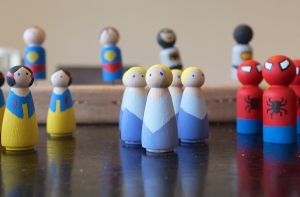
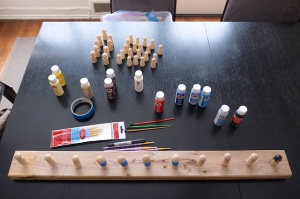
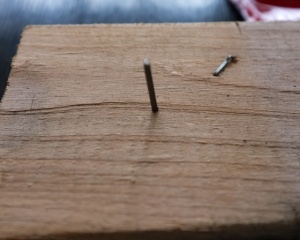
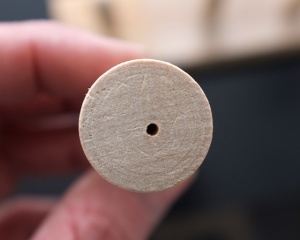
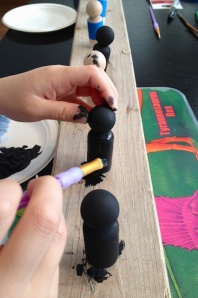
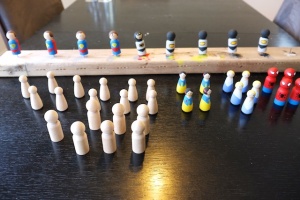
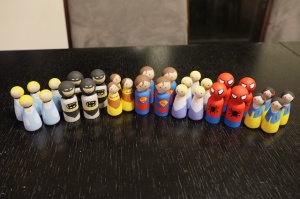
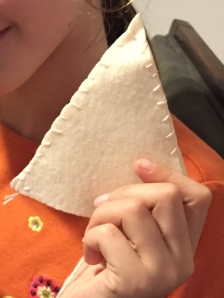
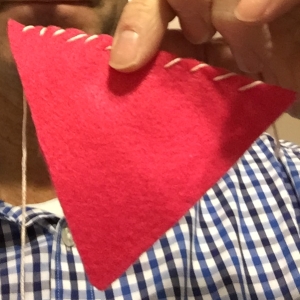
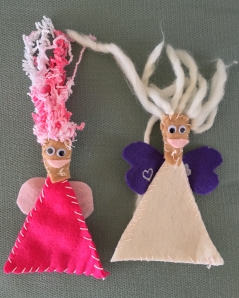
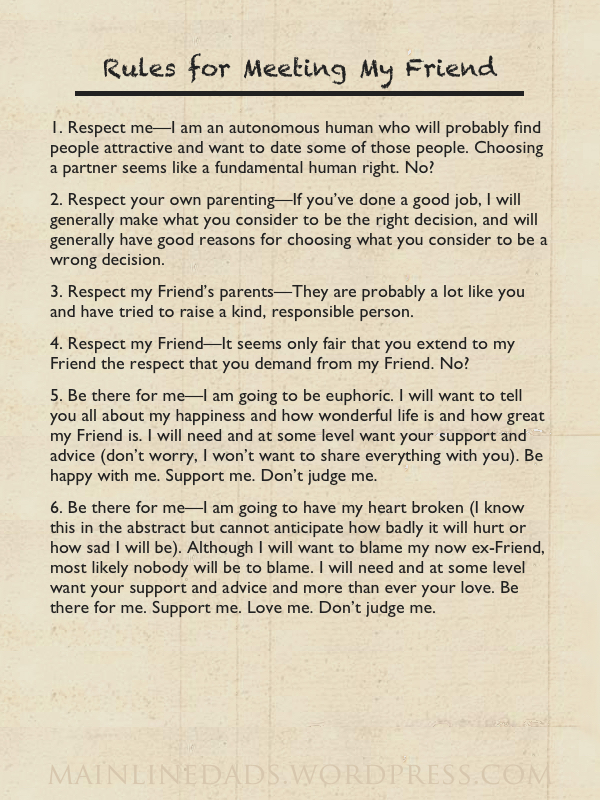
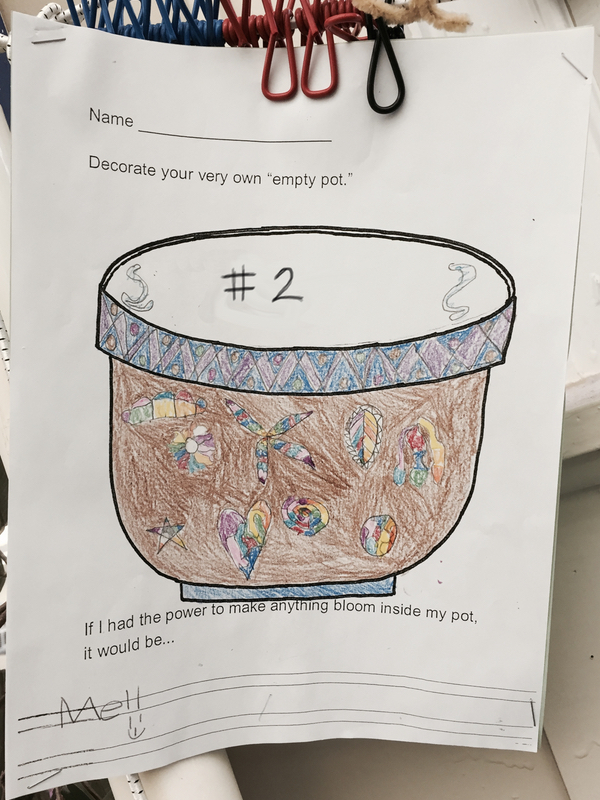
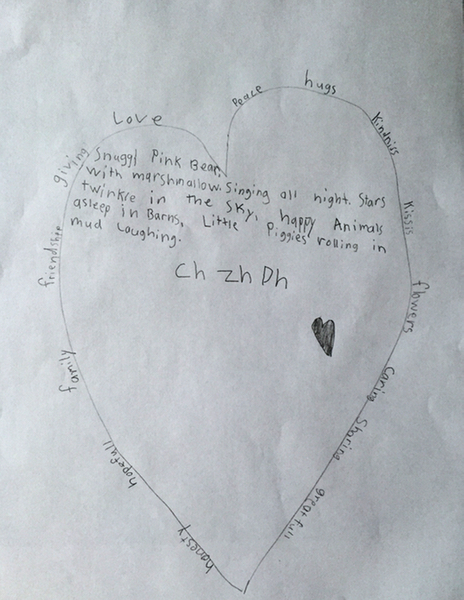
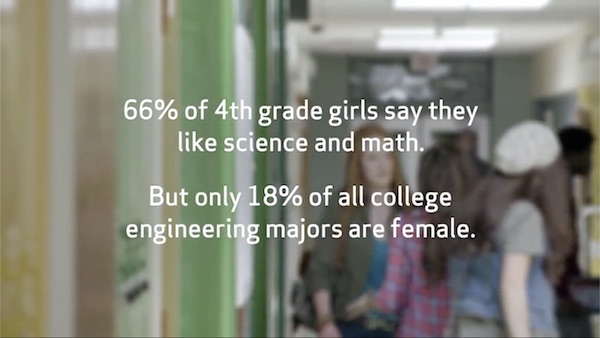
You must be logged in to post a comment.